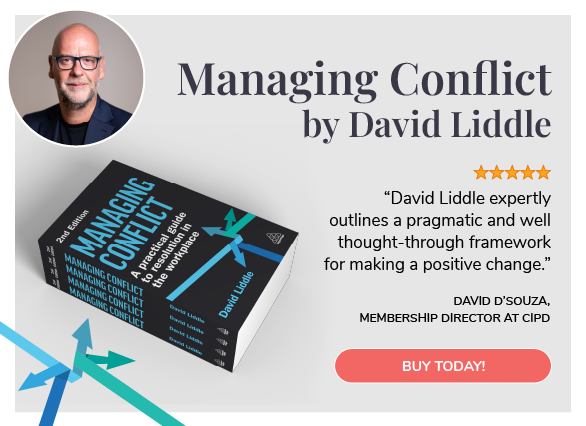
Share article:
Tags:
What rules should you follow when conducting a workplace investigation?
To understand how to get an investigation right first time first we need to acknowledge the common pitfalls that are often made when conducting a workplace investigation.
- Using poorly trained internal investigators (or worse – untrained investigators), who have other often time-consuming roles within the organisation.
- A lack of effective planning and unclear terms of reference.
- Not asking the right questions in interviews.
- Getting facts, perceptions and emotions mixed up.
- Investigations taking too long to complete.
- Showing bias and being partial.
- Poorly managed suspensions and communications with the parties.
- Badly written reports with opaque or ambiguous findings.
So, what should a good investigation look like?
“The investigation process should be timely, rigorous, fair and unbiased. It should gather all relevant facts promptly, before recollections fade. By doing this, one can be clear about what the allegation/concern is, how serious it is and whether or not, on the balance of probability, there appears to be a case to answer.”
David Liddle c.2019
How an investigation should be structured.
• First -Create investigator’s log and Agree Terms of Reference.
• Ensure- That you have obtained and read all the relevant documents and policies.
• Make- A timetable for the investigation and plan initial interviews.
• Draft- All the key questions that require answers and ensure that all the essential topics are covered in each interview.
• Seek- Expert advice or information when necessary.
How should you structure your report?
Your investigation report will need to be clear and structured with precise findings that are able to withstand the rigours of cross examination at an employment tribunal.
You should try and follow a similar structure to the one shown below:
-
- Introduction.
- The terms of reference of the investigation.
- Names and substantive role of the Investigating Officer.
- Details of interviews.
- Details of specialist advice taken and/or use of expert witnesses.
- Comparative standards and tests.
- Summary of the investigation.
- Detailed report for each allegation/complaint.
- Findings, i.e. whether there appears to be a case to answer.
- Other factors to be considered by the employer.
- Appendices.
- Recommendations (optional and separate from report).
And your appendices should be as follows:
• Full chronological log of all activities and interviews (including the names and details of representatives and note takers)
• Timeline
• Examples of correspondence or emails sent and received.
• Statements (typed and signed where possible)
• Copies of handwritten statements
• Copy of policies referred to
• Details of any external materials that were used (ACAS Guides etc)
To summarise…
When writing an investigation report you should always plan properly, work quickly and efficiently as gathering information in the immediate sense is vital. You should visit the scene of the investigation and remember to be compassionate and empathetic when interviewing, it also important to keep communications going throughout the investigation process.
Remember to keep detailed notes as these could be tested at a later date, be sceptical but remain unbiased throughout the process and most importantly remember about the balance of probabilities. Click here for a more detailed overview of TCM’s investigation processes.









